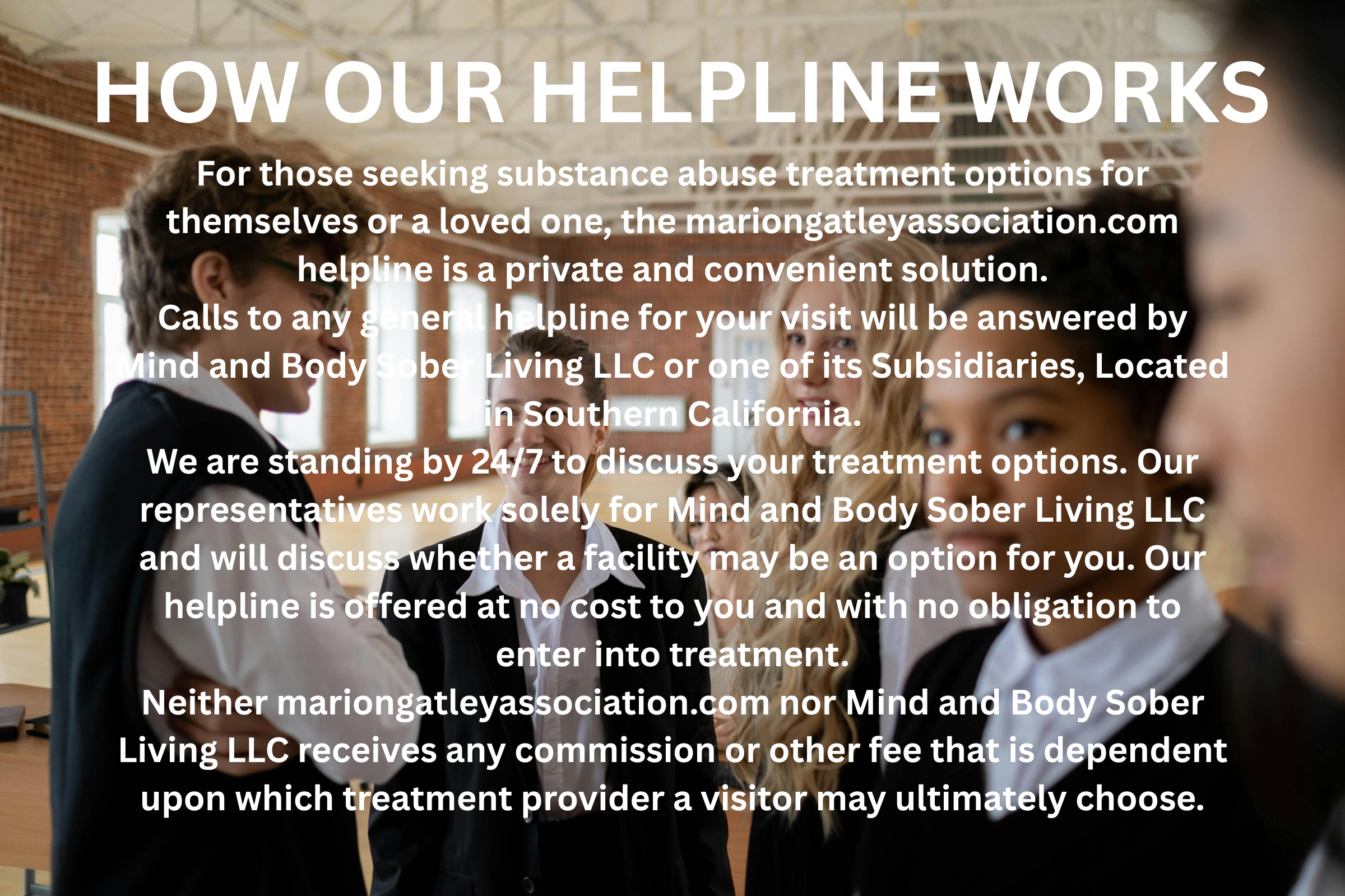Alcohol inflicts unimaginable harm upon the body, including the risk of certain cancers. According to the National Cancer Institute, over one hundred studies have researched the link between alcohol and breast cancer risk, and have found that drinking more alcohol is connected to a higher risk for breast cancer.
A paper which analyzed the results of 53 studies and included 58,000 participants with breast cancer found that women who drink three or more drinks each day had 1.5 times the risk of contracting breast cancer as women who didn’t drink. And for every 10 grams of alcohol (or a little less than one drink) imbibed per day, the risk of breast cancer increased slightly. The research, then, supports the fraught relationship between alcohol and breast cancer. Anyone who has a family history of breast cancer and is struggling to control their drinking should contact an addiction recovery facility immediately.
Alcohol contributes to the risk of breast cancer in several different ways. The main issue is that alcohol changes the way the body metabolizes estrogen, thereby increasing the amount of estrogen in women. High levels of estrogen are connected with breast cancer, and problem drinkers should seek help in drug rehab if their levels of estrogen climb too high.
Alcohol also lowers levels of folic acid, a vitamin crucial in the process of copying DNA. If a woman has low levels of folic acid, her DNA may be erroneously duplicated, which could eventually lead to cancer. Other essential vitamins and nutrients are also impacted by alcohol consumption; alcohol hampers the body’s ability to absorb vitamins A, B, C, D, E, folate, and carotenoids, all of which can help to fight off cancer risk.
Alcohol is a possible source of carcinogens that are created during fermentation, including hydrocarbons, phenols, nitrosamines, acetaldehyde, and asbestos fibers. Carcinogens are toxic compounds that either directly or indirectly interfere with how cells divide and copy DNA, increasing the chance of an incorrect DNA sequence that could give rise to cancer.
Finally, alcohol creates oxidants, which are chemically unstable molecules containing oxygen. Oxidants rattle around the body causing trouble, damaging fats, proteins, and DNA. Antioxidants, which come to us in leafy greens, fruits, and vegetables, negate the harmful effects of oxidants, which is why antioxidants are often touted as so beneficial.
Alcohol addiction is a serious condition that can lead to devastating effects, physically, mentally, and emotionally. Don’t let an addiction lead to serious health problems down the road. Anyone who has an alcohol addiction should contact an addiction treatment center right away to prevent future heartache and pain.
If you or a loved one is suffering from alcohol or other drug addiction, please email or call our understanding representatives to get the help you need today. We’ll connect you with a luxury drug rehab program where clients are cared for by experienced and compassionate staff, go through a safe and supervised detoxification, and can be treated for dual diagnosis.



